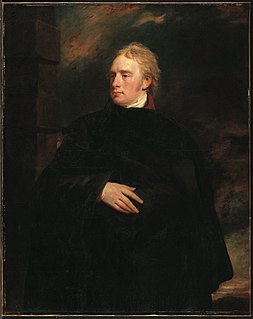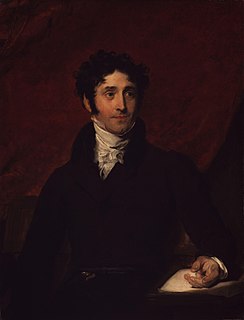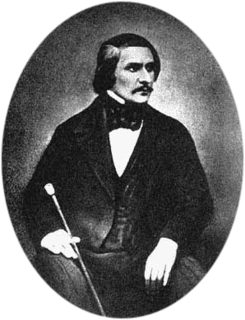A Quote by John Hookham Frere
And don't confound the language of the nation with long-tail'd words in osity and ation.
Related Quotes
Sound words can't be understood through formal study of the language alone. They're felt when you immerse yourself in the culture or lifestyle that becomes a part of you. The Japanese language is abundant with onomatopoeia. Even though I've lived in Japan a long time, sound words are still an uncertain territory. And I think new words are being created every day. Even when I don't know a word I can sometimes connect it to a meaning using the sensations produced by the sounds, which feels like I'm playing with words.
It has not been definitively proved that the language of words is the best possible language. And it seems that on the stage, which is above all a space to fill and a place where something happens, the language of words may have to give way before a language of signs whose objective aspect is the one that has the most immediate impact upon us.
We believe we can also show that words do not have exactly the same psychic "weight" depending on whether they belong to the language of reverie or to the language of daylight life-to rested language or language under surveillance-to the language of natural poetry or to the language hammered out by authoritarian prosodies.
The being level speaks the language of art, music, color shape and pattern directly -- a language that requires no words -- is not limited by words -- nor does it have the specificity of words and thus cannot be broken onto parts that can be manipulated or analyzed by the intellect. It must be swallowed, whole not parsed, sorted and justified.
Being a slow reader would normally be a deficiency; I found a way to make it an asset. I began to sound words and see all those qualities - in a way it made words more precious to me. Since so much of what happens in the world between human beings has to do with the inconsideration of language, with the imprecision of language, with language leaving our mouths unmediated, one thing which was sensuous and visceral led to, in the use of language, a moral gesture. It was about trying to use language to both exemplify and articulate what good is.








































